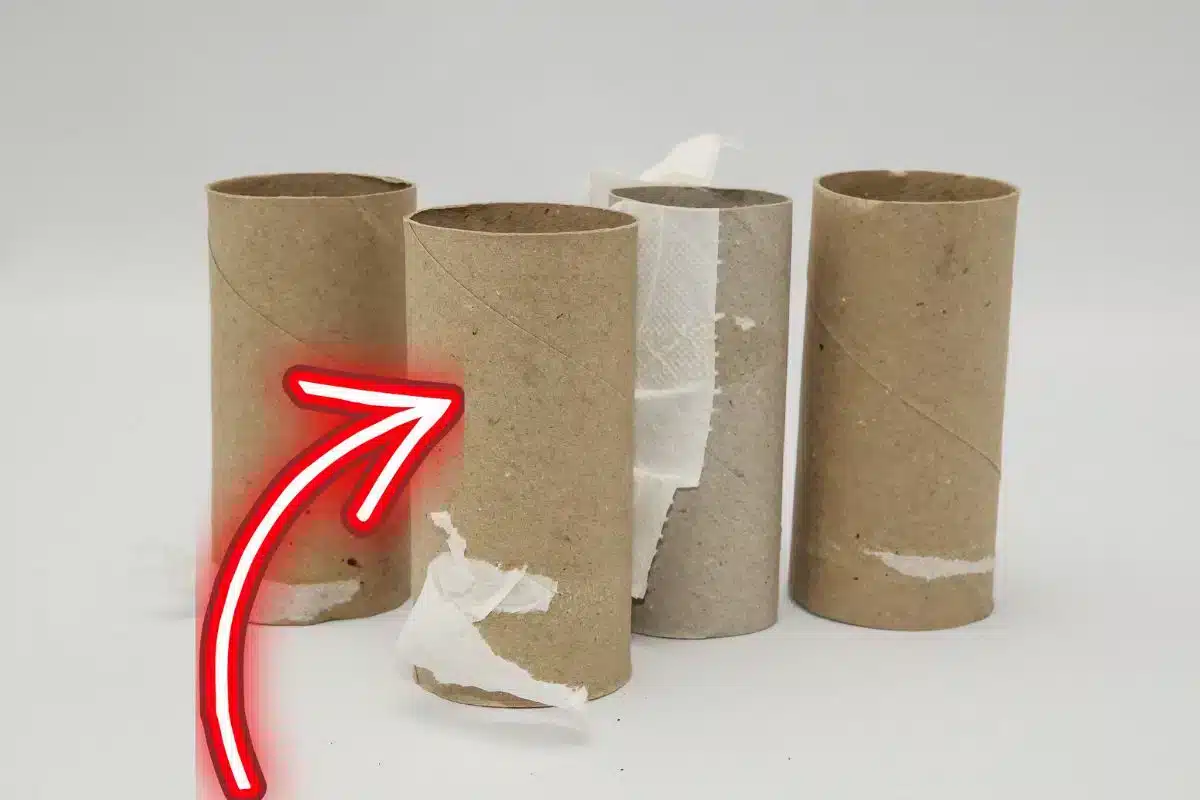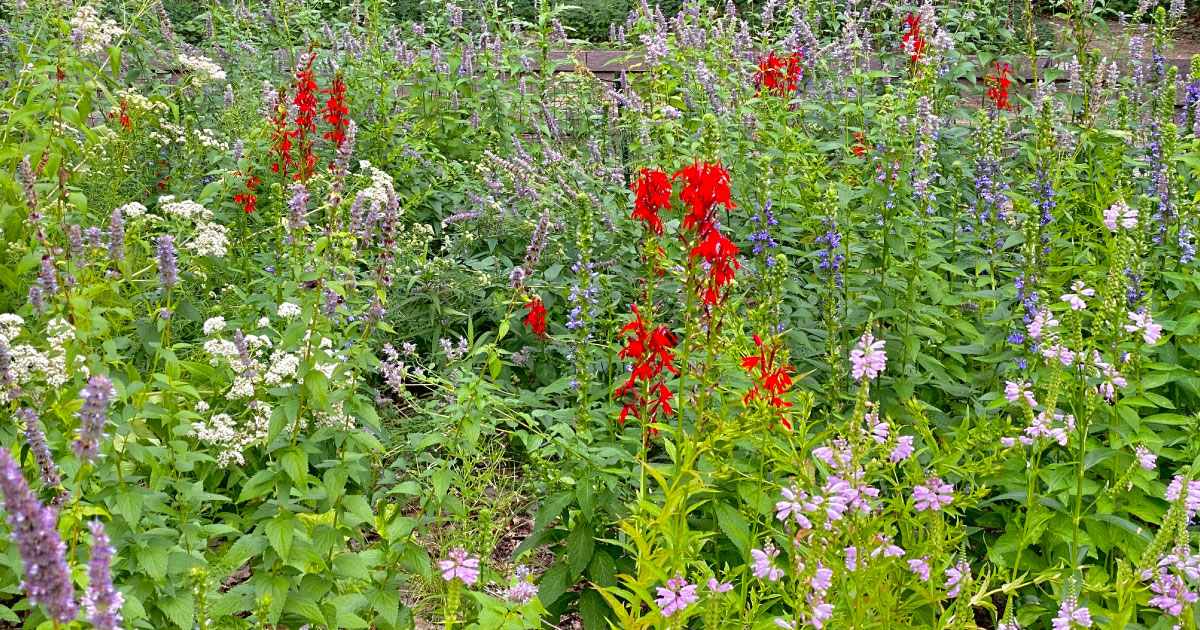All gardeners seek innovative ways to boost plant growth and soil fertility. While traditional methods focus on watering schedules and fertilizers, an unexpected solution may be hiding in your bathroom trash can. The cardboard tubes from toilet paper rolls are a valuable composting resource that most people throw away without realizing their potential to improve garden health.
Why Toilet Paper Rolls Are So Valuable for Composting
The cardboard from toilet paper rolls provides the carbon that compost piles desperately need. This brown material balances nitrogen-rich kitchen scraps and grass clippings, creating optimal conditions for decomposition. When added to your compost bin, the tubes naturally break down while improving the overall structure of the composting system.
Before incorporating toilet paper rolls into your gardening routine, make sure they contain no paper or glue residues. Only clean cardboard tubes should be added to your compost system. These materials decompose efficiently and transform into nutrient-rich humus that plants love. The decomposition process typically takes several months, depending on moisture levels and temperature.
Professional gardeners recognize cardboard as an excellent moisture regulator in compost systems. Its fibrous structure absorbs excess water during rainy periods and releases moisture during dry spells. This natural moisture management prevents compost from becoming waterlogged and maintains ideal conditions for beneficial microorganisms. Whether you’re learning how to create an office garden or managing outdoor spaces, this technique applies universally.
Toilet paper rolls also attract earthworms, among the most valuable creatures for healthy soil. As the cardboard decomposes, it provides ideal bedding conditions that earthworms find irresistible. By consuming the material, worms produce nutrient-rich castings that significantly enhance soil structure and fertility.
Earthworms create vast networks of tunnels in garden soil, dramatically improving aeration and water infiltration. These tunnels allow plant roots to grow more easily while ensuring adequate oxygen reaches the root zone. The improved soil structure benefits all plants—from delicate herbs that require special care, like basil, to hardy vegetables such as pinto beans.
The worms’ digestive process transforms cardboard and organic matter into high-quality humus, often referred to as “black gold.” This humus contains essential nutrients in forms that plants can easily absorb. It also improves soil water retention, reducing irrigation needs during dry periods. Gardens with healthy worm populations consistently produce stronger, more resilient plants that better withstand environmental stress.
Practical Methods for Successful Garden Application
There are several effective ways to incorporate toilet paper rolls into your gardening routine. The simplest method is to cut the tubes into small pieces before adding them to compost bins. Smaller pieces decompose faster and integrate more easily with other organic materials.
Another option is direct soil application. Bury whole or partial tubes around existing plants to create underground decomposition zones that gradually release nutrients. This technique works especially well for plants needing a steady nutrient supply, such as tomatoes planted directly in garden soil.
Try the following application strategies:
- Shred tubes into small pieces to speed up decomposition.
- Layer whole tubes between compost materials.
- Create cardboard mulch rings around the base of plants.
- Mix shredded pieces with fallen leaves to create a leaf-based mulch.
Indoor gardeners can also benefit from this technique. Even delicate plants like moth orchids or butterfly orchids thrive with compost enriched by cardboard tubes.
Environmental Impact and Sustainable Gardening Practices
Using toilet paper rolls in the garden reduces household waste while supporting the principles of a circular economy. Instead of sending cardboard to recycling centers or landfills, gardeners transform it into valuable soil amendments. This practice perfectly aligns with sustainable gardening philosophies that emphasize resource conservation.
The environmental benefits extend beyond waste reduction. Improving soil health through cardboard composting reduces the need for synthetic fertilizers and additives. Healthy, biologically active soil naturally suppresses plant diseases and pests, decreasing pesticide use. These combined effects create more sustainable growing environments.
Experienced gardeners often pair toilet paper roll composting with companion planting strategies. For example, identifying the best companion plants for elecampane becomes easier when soil biology supports diverse plant communities.
The long-term benefits of this simple practice accumulate over time. Gardens treated with cardboard-enriched compost develop deeper topsoil layers and more resilient plant ecosystems. This natural approach promotes biodiversity while reducing external inputs—making gardening more economically and environmentally sustainable for years to come.









